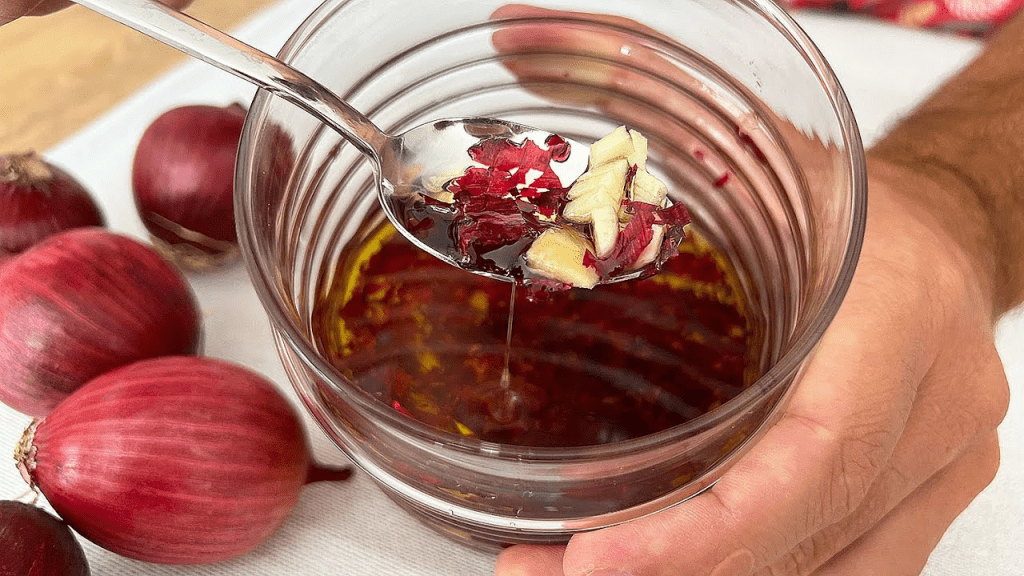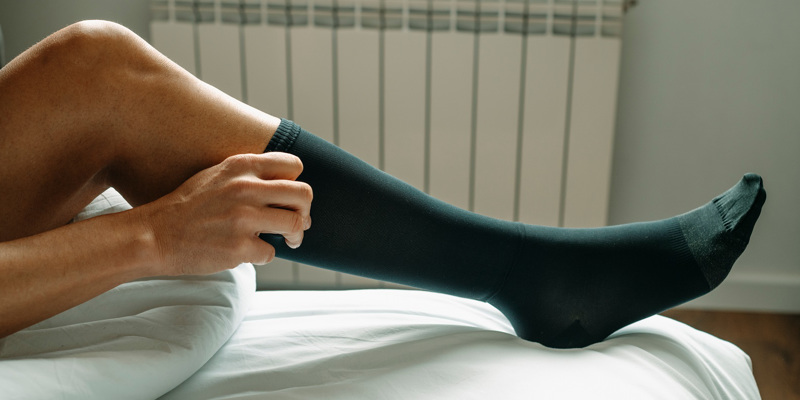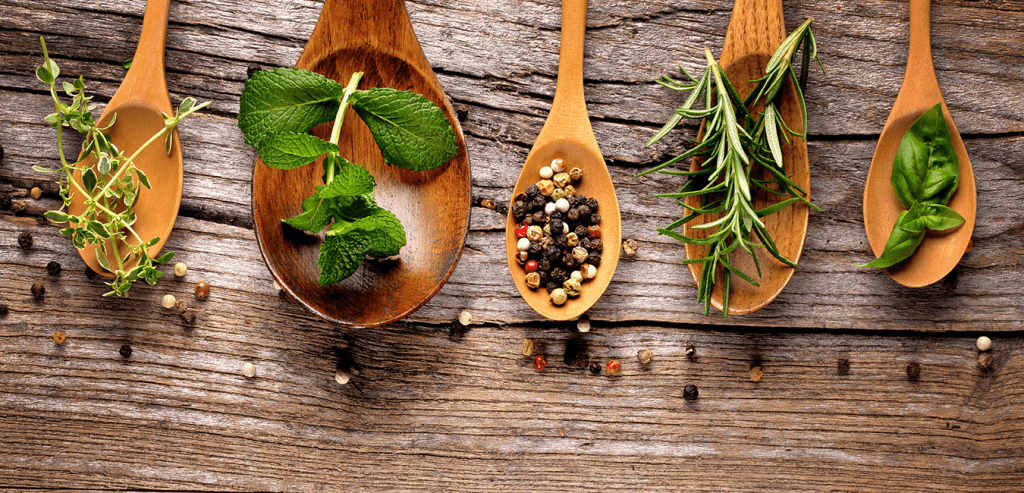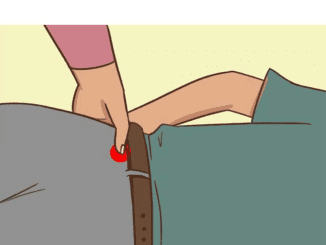Varicose veins are more than a minor cosmetic concern—they’re a common health issue that affects many individuals, often leading to discomfort, swelling, and even pain. While medical interventions exist, many people turn to natural remedies to alleviate symptoms and support overall vein health. In this article, we’ll explore various natural treatments that may help manage varicose veins effectively and improve your vascular well-being.
What Are Varicose Veins?

Varicose veins are swollen, twisted veins that commonly appear on the legs, visible just beneath the skin’s surface. They occur when the valves inside veins—responsible for keeping blood flowing in the right direction—become weak or damaged, causing blood to pool instead of moving toward the heart. This condition can be exacerbated by factors such as prolonged standing, pregnancy, or obesity.
Although varicose veins are typically harmless, they can cause discomfort, heaviness in the legs, and, in severe cases, skin ulcers. Managing these symptoms through natural remedies can be an effective way to improve vein health and reduce the appearance of varicose veins.
Exercise: Strengthen Your Veins
One of the simplest and most effective natural remedies for varicose veins is regular exercise. Physical activity improves circulation, promotes leg strength, and enhances overall vein function.
Best Exercises for Vein Health
- Walking: Walking is a low-impact activity that stimulates circulation and strengthens the muscles in your legs, which helps blood flow more efficiently.
- Cycling: Another great option for improving leg muscle tone and blood circulation.
- Swimming: Swimming is gentle on the joints and helps to engage your leg muscles, encouraging blood flow.
Incorporating any of these exercises into your daily routine can make a significant difference in how your legs feel and look. Aim for at least 30 minutes of activity daily for optimal results.
Dietary Adjustments: Eat for Vein Health
Your diet can play a crucial role in supporting vein health. Making small but impactful changes to your eating habits can reduce some of the stress and pressure on your veins.
Foods That Support Varicose Vein Health
- High-Potassium Foods: Foods such as bananas, almonds, and pistachios can help reduce water retention, which eases the pressure on your veins.
- High-Fiber Foods: A diet rich in fiber (think whole grains, fruits, and vegetables) helps prevent constipation, a common contributor to varicose veins. Constipation causes pressure in the veins, which can worsen the condition.
- Flavonoid-Rich Foods: Foods like citrus fruits, dark chocolate, and leafy greens can improve circulation and reduce blood pressure, offering additional support for vein health.
By focusing on a nutrient-dense diet, you can help improve overall circulation and reduce the risk of varicose veins worsening over time.
Compression Stockings: A Simple Solution

If you’re dealing with varicose veins, compression stockings could be a game-changer. These specially designed stockings provide gentle pressure on your legs, helping your blood vessels function more efficiently.
How Compression Stockings Work
Compression stockings are tighter around the ankles and gradually loosen as they move up your leg. This pressure helps veins and muscles push blood back toward your heart, reducing swelling, discomfort, and the appearance of varicose veins. For best results, wear compression stockings during long periods of standing or sitting, such as during work or travel.
Leg Elevation: Relieve the Pressure
Gravity isn’t doing any favors for your veins, especially when standing or sitting for long periods. Elevating your legs is an easy and effective way to improve blood circulation and relieve pressure.
Best Practices for Elevating Your Legs
To get the best results, elevate your legs above heart level for about 15-20 minutes at a time. You can do this by lying down and propping your legs up on pillows or using a reclining chair with a footrest. Elevating your legs several times a day can reduce swelling and discomfort significantly.
Herbal Remedies: Nature’s Support for Vascular Health

Some herbs have long been used to support vascular health and may help reduce the symptoms of varicose veins. While these natural remedies aren’t a cure, they can offer relief and improve overall vein function.
Top Herbal Remedies for Varicose Veins
- Horse Chestnut Extract: Horse chestnut contains a compound called aescin, which has been shown to reduce inflammation and improve vein elasticity, making it a popular choice for treating varicose veins.
- Witch Hazel: Known for its anti-inflammatory properties, witch hazel can be applied topically to help reduce swelling and improve skin tone around varicose veins.
- Grape Seed Extract: Rich in antioxidants, grape seed extract supports healthy circulation and strengthens vein walls, making it another effective herbal option for those with varicose veins.
Before starting any herbal remedy, consult your healthcare provider, especially if you are taking medication or have underlying health conditions.
Lifestyle Adjustments: Small Changes for Big Impact

Making a few simple changes to your daily routine can greatly improve your vein health over time. One of the key factors contributing to varicose veins is prolonged sitting or standing, which restricts circulation.
Tips to Boost Vein Health
- Take Frequent Breaks: If your job requires long periods of sitting or standing, try to take short walks or stretch every 30 minutes to promote better blood flow.
- Switch Sitting Positions: When sitting, avoid crossing your legs, as this can restrict blood flow and worsen varicose veins.
- Wear Comfortable Shoes: High heels can put extra strain on your leg veins. Opt for shoes that support good posture and comfortable walking.
These small, consistent changes can help maintain healthy blood flow and reduce the discomfort associated with varicose veins.
Conclusion: Embrace Natural Remedies for Better Vein Health
While varicose veins can be bothersome, you don’t have to rely solely on medical treatments. By embracing natural remedies such as regular exercise, dietary adjustments, compression stockings, herbal supplements, and lifestyle changes, you can support your vein health and manage the symptoms effectively. Remember, while these remedies can help relieve discomfort and improve appearance, they are not a cure. For more persistent or severe cases, it’s always best to consult with a healthcare professional. Take care of your veins today, and you’ll feel the difference tomorrow!


